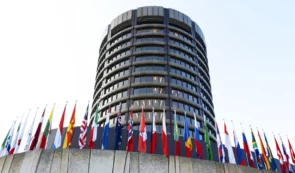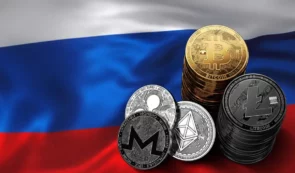Honduras Issues Nationwide Crypto Trading Ban

Honduras has recently taken a bold stance against the rising trend of cryptocurrency trading by implementing a ban enforced by its National Banking and Securities Commission (CNBS).
This prohibition extends to financial institutions within the nation, prohibiting them from participating in crypto trading or holding digital assets.
The decision stems from a lack of specific regulations governing crypto assets in Honduras, leaving users susceptible to various risks, including fraud and legal uncertainties. Concerns have been raised regarding the potential misuse of these assets for illicit activities such as money laundering and terrorist financing.
Furthermore, the CNBS expressed apprehension about the decentralized nature of many crypto businesses operating within Honduras, often registered in foreign jurisdictions. This decentralization poses challenges for regulatory oversight, potentially enabling unmonitored activities.
As a result, the CNBS directive explicitly forbids Honduran financial entities from engaging with unauthorized crypto assets, virtual currencies, tokens, or similar digital assets. The emphasis is on maintaining strict control over financial activities to safeguard the integrity of the country’s financial sector.
READ MORE: Kiyosaki Calls Out Federal Reserve, Backs Bitcoin
This move by Honduras contrasts with the increasing institutional interest in cryptocurrencies, notably evidenced by the recent launch of several Bitcoin exchange-traded funds (ETFs) in the United States. Despite this, regulatory concerns persist, with US banking groups urging the Securities and Exchange Commission (SEC) to reconsider rules hindering their ability to provide custodial services for these ETFs.
Bitwise’s Chief Investment Officer, Matt Hougan, views this as reflective of shifting attitudes towards crypto regulation in Washington. Meanwhile, data from ByteTree indicates a substantial accumulation of Bitcoin by investment vehicles, highlighting the continued growth and acceptance of cryptocurrencies globally.














